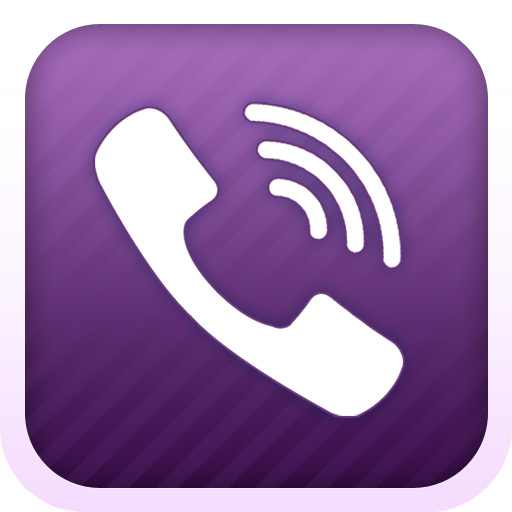Free Phone Downloads Biography:
In the U.K., Free Phone is a type of Number Translation Service (NTS) that allows a phone user to call a non-geographic number beginning with 0800 or 0500 without incurring a charge. All charges and associated costs are charged to the organization that receives the call. Businesses and non-profit help lines often offer Freephone numbers. Freephone is similar to 1-800 numbers used in the U.S.
Freephone' services appeared in the United Kingdom in the 1960s, with the Post Office introducing such a facility in 1960.[1] A toll-free service was originated in the United States on May 2, 1967 by AT&T[citation needed] as an alternative to collect calling and to reduce the need for operators. AT&T referred to the service as IN-WATS, or Inward Wide-Area Telephone Service (see WATS lines).[citation needed] The first company to use toll-free lines hosted numbers for major companies. Americana Hotels, Budget Rent a Car, Hyatt Hotels, Marriott Hotels, Rode way Inns, Sheraton Hotels, and Quality Inn were a few of the major companies hosted. They grew very quickly but still went out of business. When this happened, all the major players reacted by leasing space in and behind that original call center location (93rd and Bedford in Omaha, Nebraska) in strip malls[citation needed] so they could continue to answer their toll-free calls and also rehire the already-trained staffing and management. Northwestern Bell and AT&T dedicated staff to the 'Res City' area and their staff actually had offices located in the same strip malls[citation needed] to help make the transition and service the accounts going forward. That corner of 93rd and Bedford became known as 'Res City' because of all the call centers taking reservations there.
As the call centers continued to compete for the same talent pool, the larger chains relocated into buildings specifically built for them near the area while others moved outside of the state to avoid the direct competition for staffing.
Northwestern Bell and AT&T continued to cater to the businesses in Omaha and would activate service within 24 hours for clients in Omaha, giving Omaha a major advantage over other locations that would have to wait weeks for service. In 1983, Northwestern Bell and AT&T in conjunction with Telesystems and First Data Resources/WATS Marketing, developed a method to use Direct Inward Dialing (DID) to handle traffic so call centers no longer had to have dedicated lines or trunk groups as they are called, to handle each telephone number. This was a major improvement in call center call flow design and this type of called number identification is still used by call centers today.
In the U.K., Free Phone is a type of Number Translation Service (NTS) that allows a phone user to call a non-geographic number beginning with 0800 or 0500 without incurring a charge. All charges and associated costs are charged to the organization that receives the call. Businesses and non-profit help lines often offer Freephone numbers. Freephone is similar to 1-800 numbers used in the U.S.
Freephone' services appeared in the United Kingdom in the 1960s, with the Post Office introducing such a facility in 1960.[1] A toll-free service was originated in the United States on May 2, 1967 by AT&T[citation needed] as an alternative to collect calling and to reduce the need for operators. AT&T referred to the service as IN-WATS, or Inward Wide-Area Telephone Service (see WATS lines).[citation needed] The first company to use toll-free lines hosted numbers for major companies. Americana Hotels, Budget Rent a Car, Hyatt Hotels, Marriott Hotels, Rode way Inns, Sheraton Hotels, and Quality Inn were a few of the major companies hosted. They grew very quickly but still went out of business. When this happened, all the major players reacted by leasing space in and behind that original call center location (93rd and Bedford in Omaha, Nebraska) in strip malls[citation needed] so they could continue to answer their toll-free calls and also rehire the already-trained staffing and management. Northwestern Bell and AT&T dedicated staff to the 'Res City' area and their staff actually had offices located in the same strip malls[citation needed] to help make the transition and service the accounts going forward. That corner of 93rd and Bedford became known as 'Res City' because of all the call centers taking reservations there.
As the call centers continued to compete for the same talent pool, the larger chains relocated into buildings specifically built for them near the area while others moved outside of the state to avoid the direct competition for staffing.
Northwestern Bell and AT&T continued to cater to the businesses in Omaha and would activate service within 24 hours for clients in Omaha, giving Omaha a major advantage over other locations that would have to wait weeks for service. In 1983, Northwestern Bell and AT&T in conjunction with Telesystems and First Data Resources/WATS Marketing, developed a method to use Direct Inward Dialing (DID) to handle traffic so call centers no longer had to have dedicated lines or trunk groups as they are called, to handle each telephone number. This was a major improvement in call center call flow design and this type of called number identification is still used by call centers today.
Free Phone Downloads
Free Phone Downloads
Free Phone Downloads
Free Phone Downloads
Free Phone Downloads
Free Phone Downloads
Free Phone Downloads
Free Phone Downloads
Free Phone Downloads
FREE Unlimited Phone Downloads! Download Games, Movies & More Applications For IPhone 3G & ITouch
Free Phone Game Downloads! Lego Bricks - Classic Building








